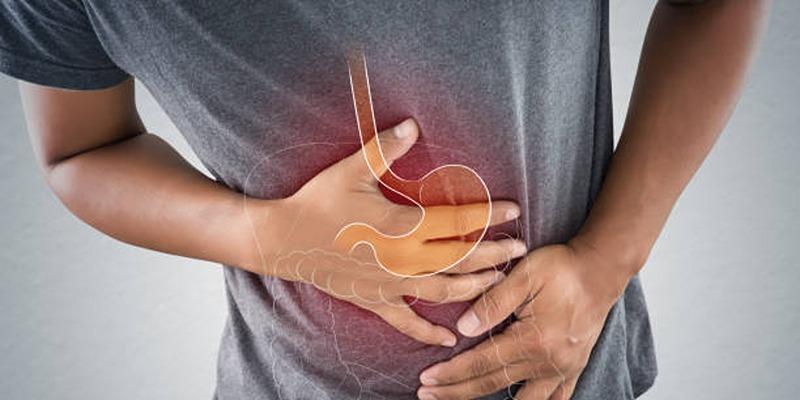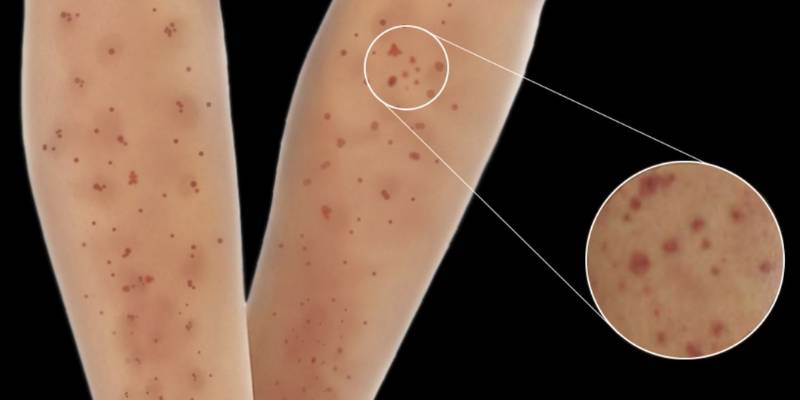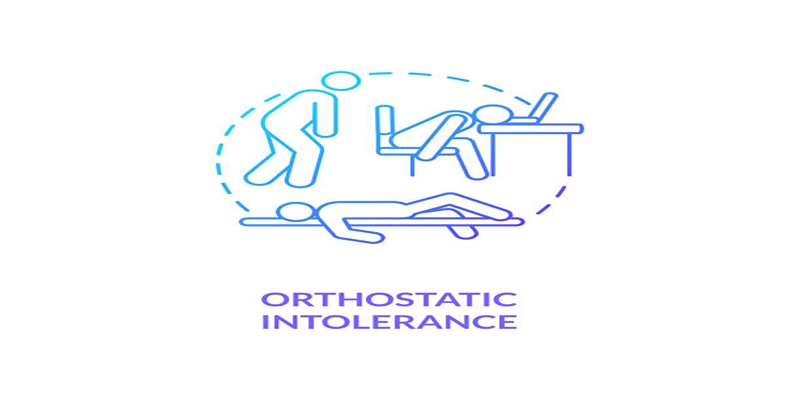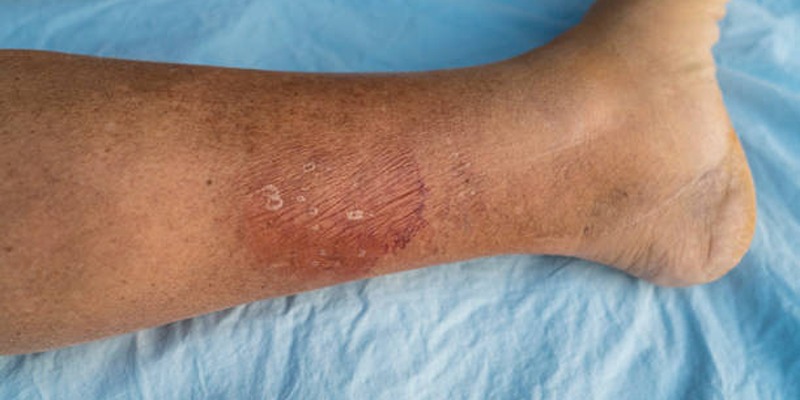Top 10 Effective Treatments for Peptic Ulcer Disease
Peptic ulcer disease is a relatively frequent gastrointestinal disorder that is manifested by the formation of ulcerative lesions in the mucosa of the stomach, small intestine or esophagus. These ulcers can be extremely painful; common signs of which include burning stomach pain as well as bloating and nausea. Most peptic ulcers are a result of Helicobacter pylori bacteria infection or taking NSAIDs for a very long time. Fortunately, there are a number of effective treatments that can be effective in treating and curing these ulcers and they include over-the-counter medications that help to relieve the amount acid within your stomach to adherence to simple changes to lifestyle necessary for the ulcers to heal.
1. Antibiotic Treatment for ‘Helicobacter pylori’
Helicobacter pylori is a primary cause of peptic ulcers and plays a critical role in chronic gastritis, with the potential to progress to gastric cancer if left untreated. Proper treatment is essential to promote ulcer healing, prevent recurrence, and reduce the risk of severe complications.
The standard treatment, known as triple therapy, combines antibiotics like amoxicillin and clarithromycin with a proton pump inhibitor (PPI). The PPI reduces stomach acid, creating a less hospitable environment for the bacteria while enhancing the antibiotics' effectiveness. This regimen is typically prescribed for 10 to 14 days and has proven highly successful in eradicating the infection in most cases.
For patients with antibiotic-resistant strains of H. pylori, alternative therapies, such as quadruple therapy, may be recommended. This approach includes additional medications like bismuth subsalicylate to improve treatment outcomes. Adherence to the prescribed regimen is vital to completely eliminate the infection and minimize the risk of developing antibiotic resistance.
2. Proton Pump Inhibitors (PPIs)
Proton Pump Inhibitors (PPIs), including medications like omeprazole, lansoprazole, and pantoprazole, are among the most commonly prescribed treatments for reducing stomach acid. These drugs work by inhibiting the proton pumps in the stomach lining, which are responsible for acid production. By significantly lowering acid levels, PPIs not only relieve symptoms of acid-related conditions such as heartburn and acid reflux but also promote the healing of ulcers and other damage to the stomach lining.
Typically, PPIs are prescribed for a treatment period of 4 to 8 weeks, allowing ample time for effective relief and recovery. In certain cases, they may also be used for the long-term management of chronic conditions like GERD (gastroesophageal reflux disease) or Zollinger-Ellison syndrome, but always under careful medical supervision.
3. H2 Receptor Antagonists

H2 receptor antagonists, including ranitidine, famotidine, cimetidine, and nizatidine, reduce stomach acid by blocking histamine receptors in the stomach lining. By limiting acid production, these medications effectively relieve symptoms such as heartburn, acid reflux, and indigestion.
While not as potent as proton pump inhibitors (PPIs) in suppressing stomach acid, H2 blockers remain highly effective for milder acid-related conditions, such as gastroesophageal reflux disease (GERD) or peptic ulcers. They also aid in healing inflamed tissues in the esophagus and stomach, making them a valuable treatment option.
H2 blockers are often used as an alternative for individuals who cannot tolerate PPIs or as a complementary therapy to enhance symptom relief. With a quicker onset of action compared to PPIs, they offer faster relief, which can be particularly beneficial for those seeking immediate comfort.
4. Antacids
Antacids offer a fast and effective way to relieve the discomfort caused by stomach ulcers. By neutralizing stomach acid, they quickly reduce burning sensations and ease pain. Common over-the-counter options include aluminum hydroxide, magnesium hydroxide, and calcium carbonate. While antacids are excellent for temporary relief, it’s important to note that they do not aid in healing the ulcer itself.
Antacids are best used as part of a comprehensive treatment plan, often alongside medications like proton pump inhibitors or H2 blockers, which target the root causes of ulcers. Their ability to provide immediate relief makes antacids a valuable tool for short-term symptom management while pursuing long-term healing with other therapies.
5. Bismuth Subsalicylate
Best known for its ability to manage diarrhea, bismuth subsalicylate also plays a crucial role in promoting stomach health. This versatile medication targets H. pylori bacteria, a common culprit behind peptic ulcers and gastritis, while forming a protective barrier over ulcers to shield them from stomach acid, accelerating the healing process.
With its powerful anti-inflammatory and antimicrobial properties, bismuth subsalicylate effectively alleviates symptoms like nausea and indigestion. Its unique benefits make it a cornerstone in combination therapies for peptic ulcer disease (PUD), offering a comprehensive approach to restoring stomach health and preventing further complications.
6. Steering Clear of NSAIDs
Nonsteroidal anti-inflammatory drugs (NSAIDs) like ibuprofen and aspirin can damage the stomach's protective lining, potentially causing or worsening ulcers. For individuals with peptic ulcer disease (PUD), it’s essential to avoid these medications. Instead, safer alternatives like acetaminophen may be used for pain relief, but always under the guidance of a healthcare professional.
7. Dietary Adjustments
While diet cannot directly cause or cure ulcers, making thoughtful changes to your eating habits can help alleviate symptoms and minimize irritation. To support stomach health, patients are encouraged to:
- Steer clear of spicy, acidic, and fried foods.
- Reduce intake of caffeine and carbonated drinks.
- Opt for smaller, more frequent meals to prevent overburdening the stomach.
Incorporating fiber-rich foods like vegetables, fruits, and whole grains can further promote digestive well-being and provide essential nutrients.
8. Managing Stress
While stress doesn’t directly cause ulcers, it can aggravate symptoms by increasing stomach acid levels. Incorporating stress management practices like mindfulness, yoga, or deep breathing exercises can help ease symptoms and enhance overall well-being.
9. Probiotics
Probiotics, available in supplements and fermented foods like yogurt and kefir, can support the management of peptic ulcer disease (PUD). By restoring the balance of beneficial gut bacteria, probiotics not only improve overall gut health but also enhance the effectiveness of H. pylori eradication therapy.
10. Consistent Medical Follow-Ups

Regular follow-ups with a healthcare provider are essential for patients undergoing treatment for PUD. These appointments help monitor the healing process and allow for timely adjustments to the treatment plan if symptoms persist. In more severe or resistant cases, endoscopic evaluations may be recommended to ensure proper management and recovery.
How to Prevent Peptic Ulcer Disease from Returning?
To reduce the risk of recurrence, patients are advised to:
- Follow through with the full course of prescribed medications.
- Quit smoking, as it hinders the healing process of ulcers.
- Maintain a healthy, balanced diet and adopt a lifestyle that promotes overall well-being.
Conclusion:
Peptic ulcer disease can be effectively managed with early diagnosis and a well-rounded treatment plan. From targeted medications to meaningful lifestyle changes, there are many reliable ways to alleviate symptoms and promote healing. By collaborating closely with healthcare professionals and following prescribed treatments, patients can achieve lasting relief and reduce the risk of future complications.












